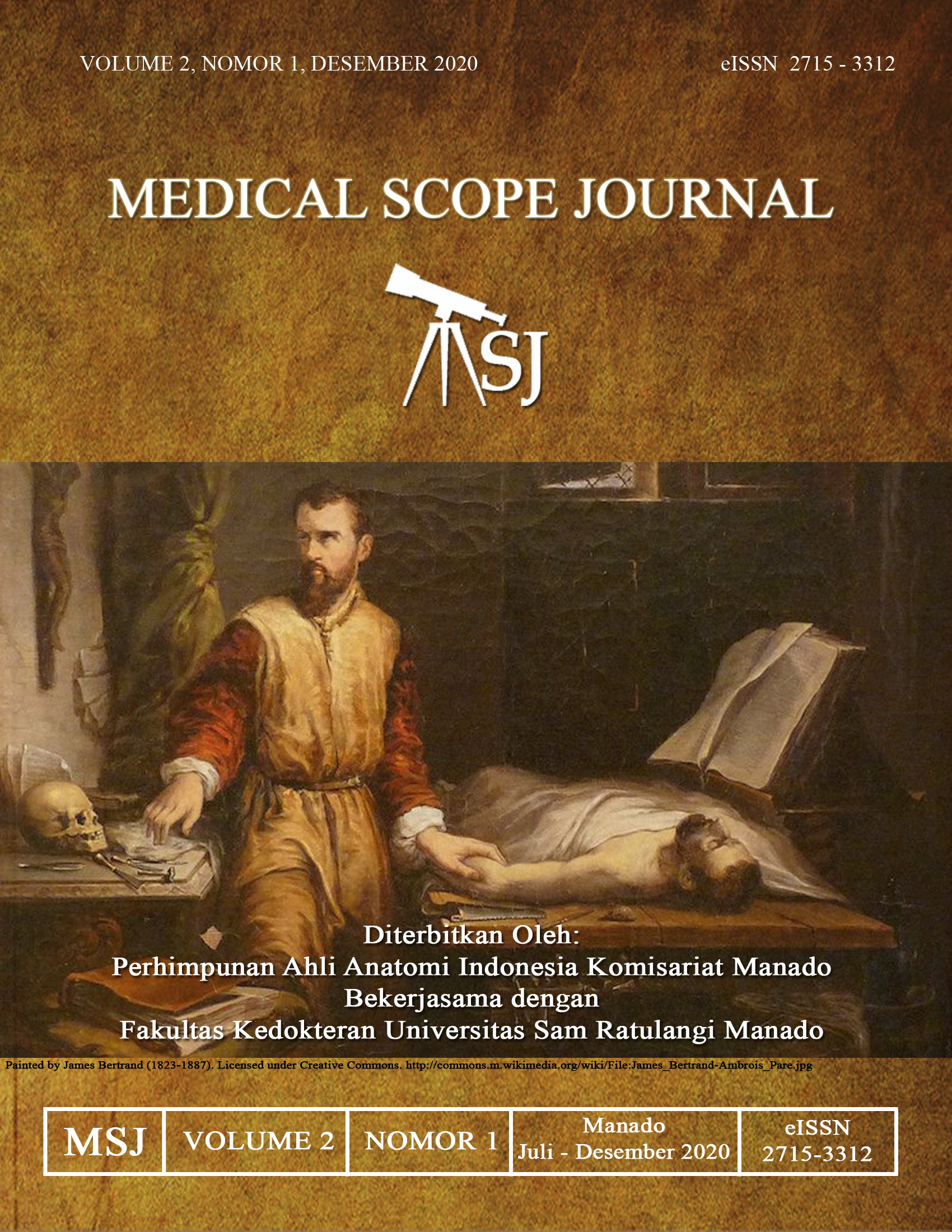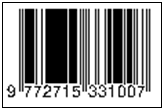Kanker Payudara Pasca Kemoterapi dengan Neutropenia: Laporan Kasus
DOI:
https://doi.org/10.35790/msj.v2i1.29629Abstract
Abstract: Febrile neutropenia is found in 10-50% of post chemotherapy patients with solid tumor and in more than 80% of patients with hematological malignancy. We reported a case of febrile neutropenia, local chemoport infection, and right breast cancer on chemoterapy in a 47-year-old female. Diagnosis was based on symptoms, clinical features, and laboratory examina-tion with absolute neutrophil count (ANC) 460 cells/mm3. This patient was treated with IVFD NaCl 0.9% 20 drops/minute, ceftazidime 2 g every 8 hour intravenous, and filgastrim 300 mcg every 24 hours subcutan. The prognosis of this patient was as follows: ad vitam was dubia ad malam, ad functionam was dubia ad bonam, and ad sanationam was dubia.
Keywords: febrile neutropenia, post chemotherapy
Â
Abstrak: Febrile neutropenia terjadi pada 10-50% pasien pasca kemoterapi dengan tumor padat dan lebih dari 80% pasien pasca kemoterapi dengan keganasan hematologik. Kami melaporkan sebuah kasus seorang perempuan berusia 47 tahun dengan febrile neutropenia, infeksi lokal chemoport, dan kanker payudara on kemoterapi. Diagnosis ditegakkan berdasarkan anamnesis, gejala dan tanda klinis, serta pemeriksaan laboratorium absolute neutrophil count (ANC) 460 sel/mm3. Pasien diberikan terapi infus NaCl 0,9% 20 tetes/menit, ceftazidime injeksi 2 gr setiap 8 jam, dan filgastrim injeksi 300 mcg setiap 24 jam subkutan. Prognosis pasien ini secara ad vitam ialah dubia ad malam, ad functionam ialah dubia ad bonam, dan ad sanationam ialah dubia.
Kata kunci: febrile neutropenia, pasca kemoterapi
Downloads
How to Cite
Issue
Section
License
COPYRIGHT
Authors who publish with this journal agree to the following terms:
Authors hold their copyright and grant this journal the privilege of first publication, with the work simultaneously licensed under a Creative Commons Attribution License that permits others to impart the work with an acknowledgment of the work's origin and initial publication by this journal.
Authors can enter into separate or additional contractual arrangements for the non-exclusive distribution of the journal's published version of the work (for example, post it to an institutional repository or publish it in a book), with an acknowledgment of its underlying publication in this journal.
Authors are permitted and encouraged to post their work online (for example, in institutional repositories or on their website) as it can lead to productive exchanges, as well as earlier and greater citation of the published work (See The Effect of Open Access).










